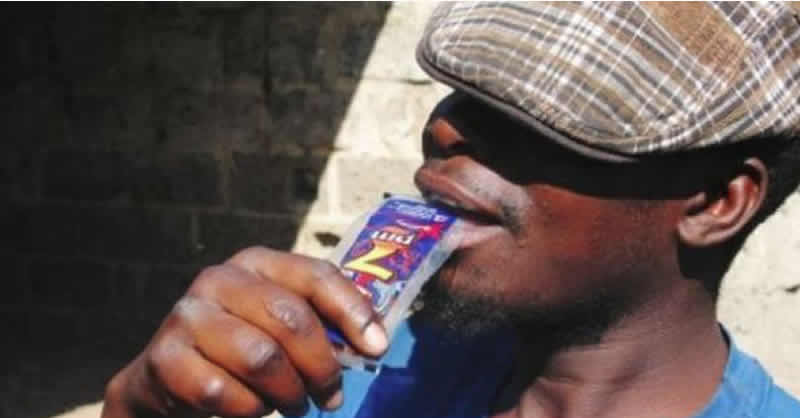
The House of Representatives and the National Agency for Food and Drug Administration and Control have resolved to lift the ban on the sale and consumption of sachet alcoholic beverages in the country.
The deputy spokesman for the House, Philip Agbese, who disclosed this, said the lifting of the ban would end when the economy fully recovers from its current strain.
NAFDAC had banned the production of beverages in small sachets and bottles for reasons not unconnected with the prevailing cases of drug abuse in the country, especially by some young Nigerians.
Recall that the House of Representatives had on February 7, 2024, mandated its committee on the NAFDAC to probe the circumstances surrounding the ban imposed on the production of alcoholic beverages in sachets and small bottles in Nigeria by the agency.
This was sequel to a motion moved on the floor of the Green Chamber by members Paschal Agbodike and Philip Agbese during the plenary session.
Briefing journalists at the National Assembly Complex on Friday, Agbese disclosed that the resolution to temporarily lift the ban was arrived at after a meeting between the House Committee and NAFDAC officials.
He said, “We all agreed at the meeting that at a certain stage in history, we must move on with our counterparts across the globe. Nevertheless, at the moment, we agreed with NAFDAC that there would be a temporary lifting of the ban until the economy regains its strength.”
Speaking on how the decision was arrived at, Agbese who represents Ado/Ogbadigbo/Okpokwu Federal Constituency, Benue State, said, “We had engagements with stakeholders, including NAFDAC and the organised private sector involved. Resolutions were reached at that meeting based on the submissions made by the stakeholders, civil society organisations and other interested parties.
“Part of the recommendations before the parliament was that the ban was not timely given the current economic realities and coupled with the fact that the five-year moratorium granted by NAFDAC to the private sector, the advent of COVID-19 and other economic realities we are facing today did not permit the operators in the industry to comply with their terms.”
Source | Punchng










